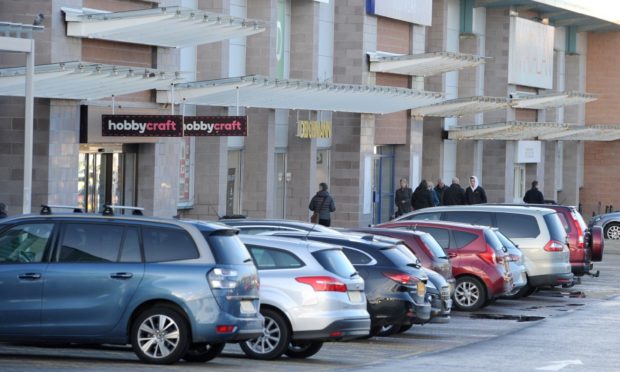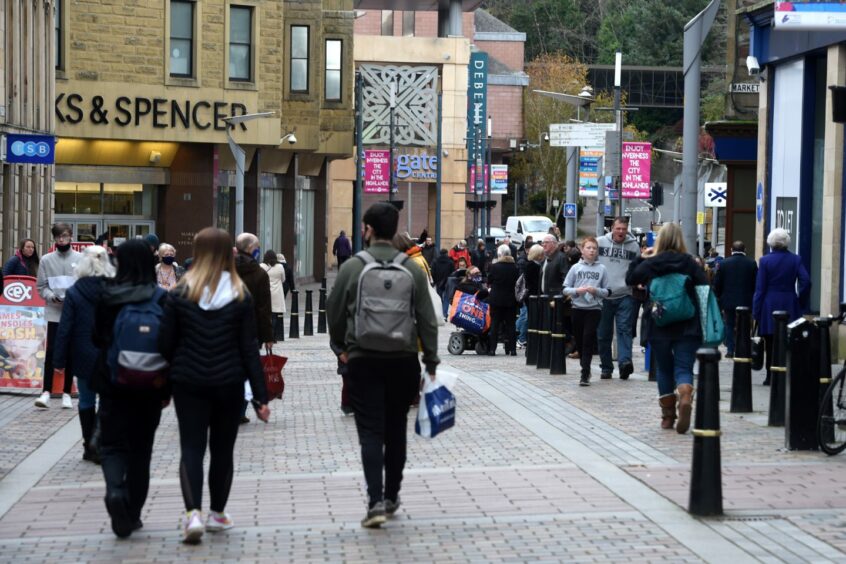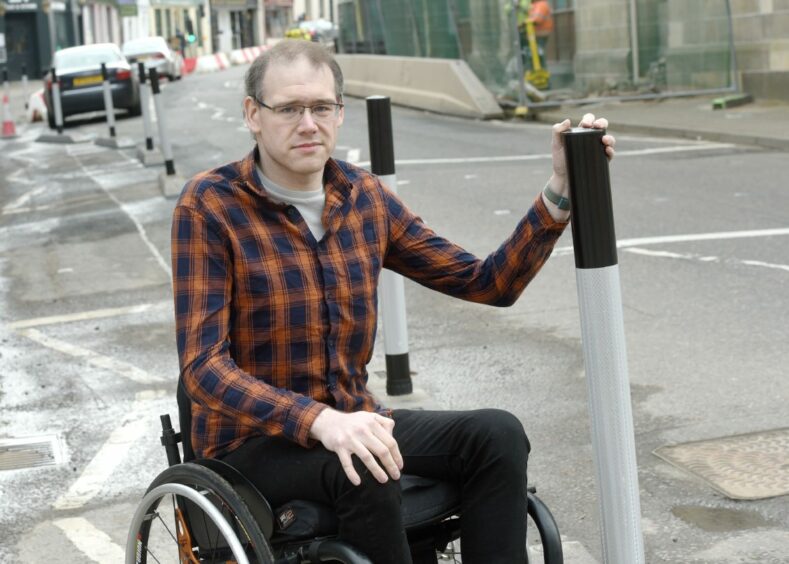A major extension of an Inverness retail park has been rejected by Highland councillors.
Planners warned that agreeing an expansion of the Inshes retail park could cost the city centre £3.8m a year in lost revenues.
The council also said the development would be prone to flooding and would increase traffic around the busy Inshes roundabout.
Members of the south planning committee rejected the planning renewal in a 10-3 vote.
What was proposed?
The application was for a renewal of planning permission, which was first granted in 2017 on appeal.
Aberdeen Standard Investments, which owns the existing Inshes retail park, wanted to build a large extension.
This would have included a 4,700sqm retail unit along with eight smaller units.
The proposed development included shops, pub/restaurant and allotments, along with parking for 370 cars.
The Scottish Government granted planning permission on appeal in 2017, and the developer was seeking a three-year extension.
However, the application racked up a number of objections, including from Highland Council and Sepa.
Part of the problem is climate change: since 2017 the council has declared a climate emergency and Sepa has tightened up its requirements for flood defences.
Active travel and traffic reduction are high priorities for the council.
However, the main concern was the impact on the already struggling city centre.
Protecting the city centre
According to Highland Council figures, the proposed development would increase trade at Inshes retail park by 23%. However, this would come at a cost.
Planners estimated that the city centre would lose 2.2% of its annual turnover, a loss of some £3.8m.
They also pointed out that vacancy rates have doubled since the original planning permission in 2017, with the pandemic taking a further chunk out of the retail offering.
There’s currently 22,000sqm of vacant floor space in the city centre, including 9,000sqm in the old Debenhams unit.
However, councillor Andrew Jarvie challenged the council’s grounds for refusal.
He argued that the vacant space in the city centre is spread across several smaller units.
He also claimed that the development would not necessarily increase traffic to Inshes retail park.
“This is already a shopping area,” he said. “Many people who will be going to these shops will already be in the area for going to Tesco or any of the 14 other shops already in the area.”
Mr Jarvie said the updated inner Moray Firth local development plan recommends housing development on this site, which would increase traffic too.
He added: “We don’t just need to build houses, we need to build communities. Communities include shops as well, and all the facilities that go with it. This seems like a logical use for this land.”
The rejection problem
Last time the council rejected this application for planning in principle, it was overturned by the Scottish Government on appeal.
Mr Jarvie said the council’s refusal was dubbed “spurious and unreasonable” leaving the council to pick up the £125,000 bill.
Councillors Jarvie and Caddick were both concerned that another rejection could cost the council again.
Mr Jarvie asked “How much more control will we lose by continuing in this line?”
Mrs Caddick agreed that council is “between a rock and a hard place.”
If the council approved the application, it could present specific conditions such as improvements to drainage, traffic management and active travel.
However, if the council later lost on appeal, it would miss the opportunity to make these conditions and potentially face another financial penalty.
To that end, Mr Jarvie proposed an amendment to grant permission with conditions.
Councillor Bill Lobban seconded, but the amendment lost in a 10-2 vote, with members backing chairman Jimmy Gray’s motion to reject.
Despite today’s decision, Aberdeen Standard Investments can still come back with amended proposals up until March 2023.


